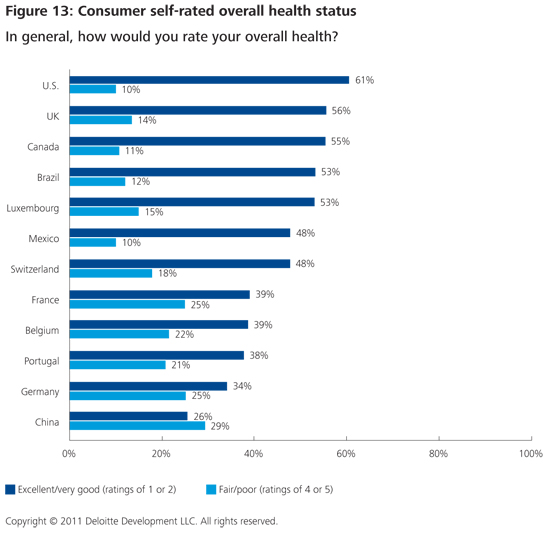Is It a Crime to Tell People What to Eat?
Four years ago, [Steve] Cooksey was a walking — actually, barely walking — collection of health risks. He was obese, lethargic, asthmatic, chronically ill and pre-diabetic…
When a busybody notified North Carolina’s Board of Dietetics/Nutrition that Cooksey was opining about which foods were and were not beneficial, the board launched a three-month investigation…
“If,” the board sternly said, “people are writing you with diabetic-specific questions and you are responding, you are no longer just providing information — you are counseling — you need a license to provide this service.”
More from George F. Will on free dieting advice.



